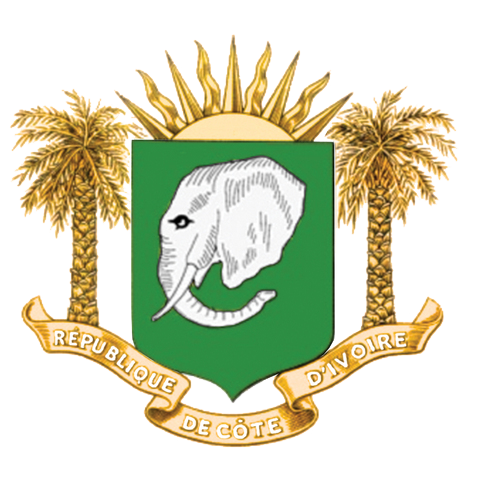Fiscalité de porte
Les réformes engagées au niveau de la Direction Générale des Douanes (DGD) portent principalement sur :
la poursuite de la modernisation des procédures douanière ; la poursuite de l’analyse du risque et le développement de la fonction renseignement ; le renforcement du contrôle dans les secteurs porteurs de recettes ; le renforcement de la surveillance douanière et de lutte contre la contrebande ; l’amélioration de la gestion des ressources, l’encadrement des services et la communication ; la poursuite de l'amélioration de la collecte des recettes fiscales.
Ces réformes se sont traduites par :
La modernisation des contrôles des cargaisons par l’acquisition et le déploiement des moyens non intrusifs ,notamment des scanners :
L’Administration des Douanes dispose de quatorze (14) scanners à rayons X répartis comme suit :
Au niveau maritime :
Bureau scanner Abidjan Import : 01 scanner fixe relocalisable ; Bureau Export Abidjan : 01 scanner mobile ; Bureau des Douanes de San Pedro : 01 scanner mobile ;
Au niveau aéroportuaire :
Aérogare « arrivée » : 04 scanners de bagages à soute ; Fret aérien : 02 scanners cargo palettes (import et export) ; Jetex (vol privé) : 01 scanner bagage à soute ;
Au niveau terrestre :
Bureau des Douanes de Noé : 01 scanner fixe relocalisable ; Bureau des Douanes de Ouangolodougou : 01 scanner mobile en mode standard. Bureau des Douanes de Takikro l’élaboration du schéma directeur du système d’information, fournissant à la DGD un cadre d’orientation pour la modernisation de son système d’information ; l’Informatisation de la gestion des cautions des régimes douaniers d’ Admission Temporaire (AT); la mise en oeuvre dans le système informatique douanier (SYDAM World) d’un mécanisme automatique d’émission d’alertes en cas de modification de rubriques spécifiques sur les déclarations en détail ; l’extension du module SIGMAT ou Système Interconnecté de Gestion des Marchandises en Transit, au transit par voie ferroviaire entre la Côte d'Ivoire et le Burkina Faso pour une meilleure sécurisation du transit ; l’interconnexion des systèmes informatiques douaniers de la Côte d’Ivoire et du Niger pour les envois routiers, (pour le renforcement et la sécurisation du transit inter-Etats) ; la mise en fonction d’un système de vidéosurveillance aux Bureaux frontières de NOE, Takikro et Niablé ; la mise en œuvre d’un dispositif de Visites Assistées par Vidéo (VAV) pour le renforcement de la surveillance des opérations douanières ; la mise en production de la plateforme informatique de recueil et de traitement des plaintes et réclamations clients « La tribune de l’usager-client » ; l’adoption d’un guide de procédures des enquêtes douanières en vue de formaliser les contrôles, ce qui contribue à renforcer les droits des redevables; la mise en place d’un programme d’Opérateur Economique Agréé (OEA) etc.
Les efforts engagés vont se renforcer avec:
la réforme du Code des Douanes ; la poursuite de la dématérialisation des opérations de dédouanement ; le renforcement du dispositif de l’Analyse du Risque ; le renforcement du dispositif de contrôle et de renseignement douanier ; le renforcement des équipements de contrôle et de surveillance ; la poursuite de l’amélioration du dispositif de détermination de la valeur en Douane et de classement tarifaire des marchandises; le renforcement de la production et la diffusion des données statistiques ; le développement des outils d’aide à la décision ; la dotation des services de surveillance de moyens nautiques ; la réhabilitation des Bureaux des Douanes.


